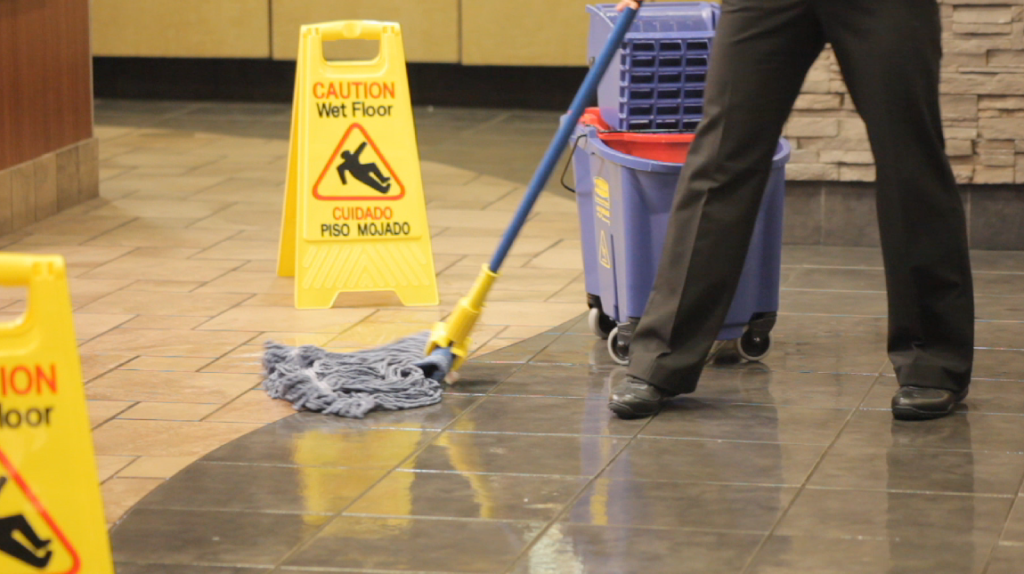More From the Legal Eagles
Wed 11:09 am +01:00, 13 Jan 2021
What follows is a guest post by Dr John Fanning, Senior Lecturer in Tort law at the University of Liverpool.
I write with regard to the ‘Question for the Legal Eagles’ you posted on Friday January 8th (‘If basic care is to be curtailed to promote vaccination programmes, can I sue the GP practice if my elderly mum doesn’t get the care she needs and then goes on to be hospitalised unnecessarily?’). I regret that the author of the anonymous reply posted on Saturday January 9th was quicker off the mark than I was. I agree with that person’s conclusions, although would like to add a few further points which may interest your readers.
One of the big unanswered questions of this crisis is whether doctors would be liable in negligence for the injury or damage they may cause by prioritising COVID-19 over everything else. The law has long held that a doctor is not liable if he/she acts “in accordance with a practice accepted as proper by a responsible body of medical [practitioners] skilled in that particular art”. This so-called “Bolam test” has always been overwhelmingly pro-doctor: as long as a doctor acts in a way which a responsible body of professional opinion would endorse, he/she is unlikely to lose. Barring instances of obvious “barn-door” negligence (the surgeon who carelessly leaves his scalpel inside the patient’s body, for example), the injured claimant has it all to do in proving that his/her doctor was negligent. The odds are already stacked against anyone who alleges that he/she was harmed by negligent medical care or treatment.
What is fascinating (and deeply troubling) about the COVID-19 crisis is the extent to which it may have shifted the dial on what “responsible” bodies of medical opinion might endorse as acceptable practice. Horror stories of delayed diagnoses and referrals and inadequate care and treatment for non-Covid conditions abound and yet all this would appear to be, by the logic of a strategy endorsed by the Chief Medical Officer, a by-product of acceptable clinical practice in extraordinary times. It is true that the courts can conclude that a particular practice endorsed by a responsible body of medical opinion is nevertheless ‘illogical’ and, therefore, negligent. But given how little appetite there is to question the logic of lockdown more broadly, this seems unlikely to be a fruitful line of argument. One need only think of the astonishing interview that Hugh Montgomery, an eminent professor of medicine, gave to the BBC – in which he said that people who fail to wear masks and observe social distancing have “blood on their hands” – to appreciate just how far beyond the realm of logic we have travelled over the last 10 months.
This “shifting of the dial” has broader implications for the law’s response to risk. I am reminded of the Latimer case, which was decided in 1953. Exceptionally heavy rains flooded a factory and formed an oily residue on the shopfloor. Faced with what one of the judges later described as an “unprecedented situation” after a “phenomenal storm”, the factory’s owners treated the worst affected areas with their finite supply of sawdust and instructed a team of staff to clean the floor. They followed, in other words, a strategy of “focused protection”. The factory’s owners did not close the factory, preferring instead to continue its operations after taking steps to reduce the risks to its staff. A few hours later, Mr Latimer, a factory employee, slipped on a greasy, untreated surface and suffered injury. He sued the factory owners and argued that a reasonably prudent employer would have closed the entire 15-acre factory site until the risk from the slippery shopfloor was eliminated. Mr Latimer’s claim failed. The court concluded that there was insufficient evidence to prove that the floor was so slippery that a reasonably prudent employer would have closed the factory.
The parallels with COVID-19 and lockdowns are obvious: at the core of the lockdown sceptics’ argument is the same principle that there is insufficient evidence to prove that lockdown is commensurate with the risks posed by COVID-19. Mr Latimer’s case has long been authority for the proposition that defendants in negligence cases can escape liability if they show that they took reasonable steps to minimise risk. In light of the COVID-19 crisis, it is difficult to resist the conclusion that an entirely different calculus now informs our public policy and that, against that backdrop, Latimer is wrong. By the logic of the post-COVID era, the factory should have been closed and perhaps extensively remodelled with drainage designed to cope with extraordinary rainfall and new, non-slip flooring. The factory’s workforce should have been laid off or furloughed until such time as any risk of a slipping injury was eliminated and only allowed to return if they attended work in suitable protective gear. The factory owners should have taken extensive and exhaustive steps, risking bankruptcy for themselves and redundancy for their staff, to eliminate the risk entirely. Until recently, this degree of risk-aversion would rightly have been regarded as overkill; in 2021, it appears to have been recast as the hallmark of reasonable prudence.
https://lockdownsceptics.org/










